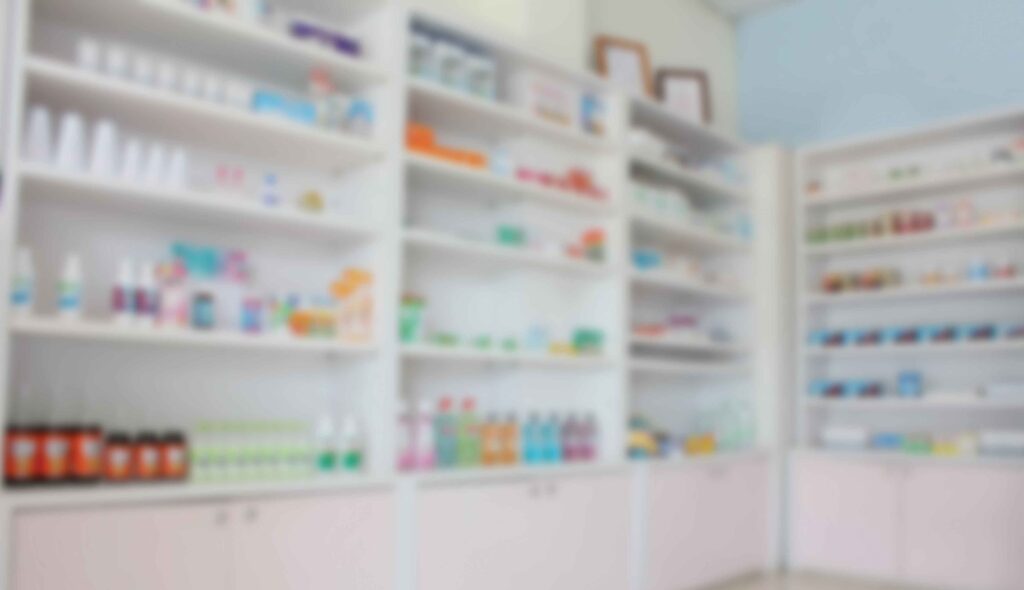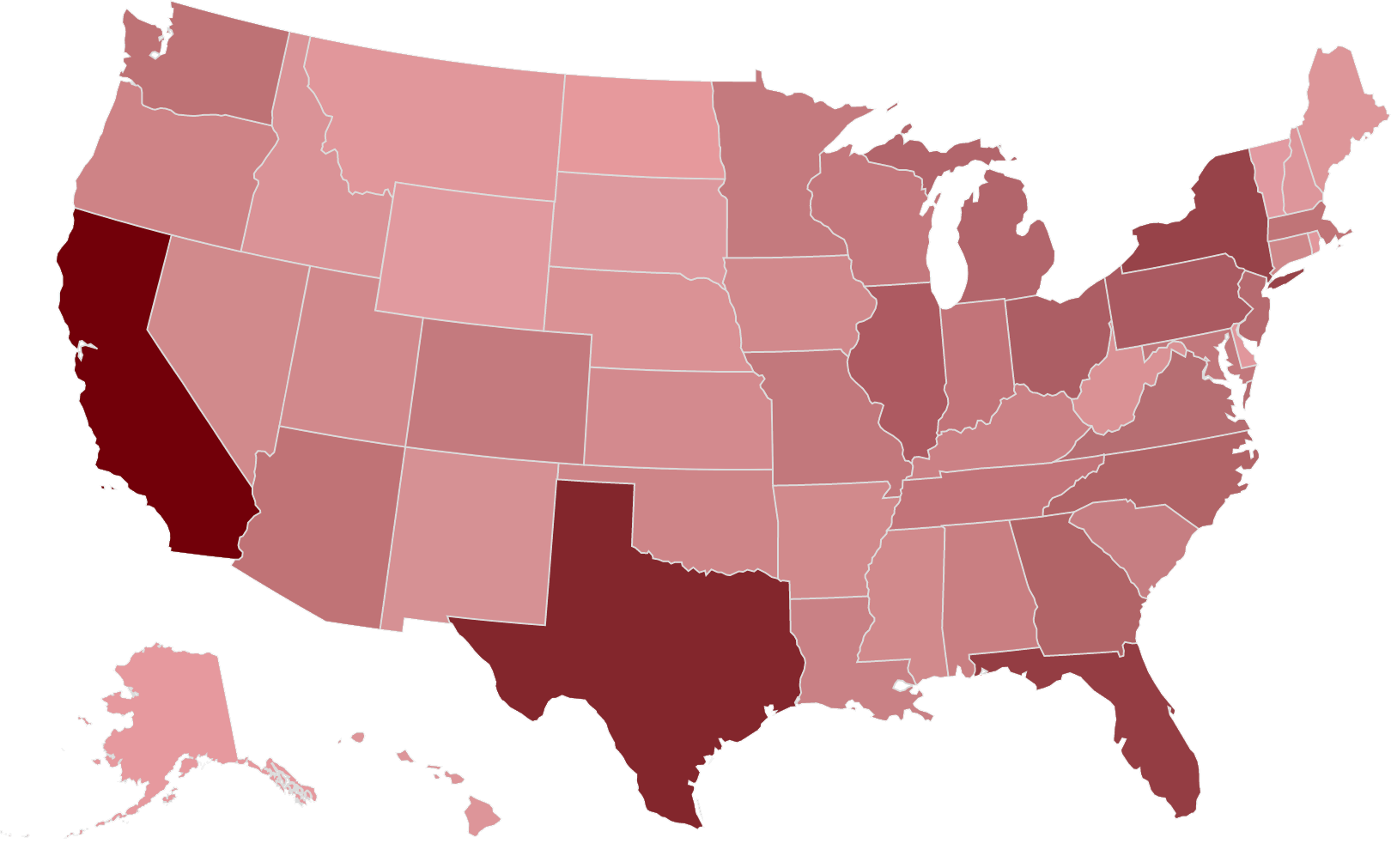
98% Effective, 100% A Good Idea.


The Best Line of Defense
Did you know condoms are still the best way to protect against unwanted pregnancy, HIV, STDs, and STIs? Condoms have been around for centuries because they work.
Here at AIDS Healthcare Foundation, we believe in the power of prevention. That’s why we offer free condoms at almost all of our locations. AHF condoms are just as effective and high quality as name-brand condoms, but they are absolutely free.

Get Plan B at any AHF Pharmacy free of charge.
Vaccination Roll Out
The federal government has been working since the pandemic began to develop, manufacture, and distribute safe and effective COVID-19 vaccines.
After the FDA approves a vaccine, the CDC recommends who should be vaccinated first, second, third, etc. in the United States while supplies are limited. For the COVID-19 vaccine, the CDC recommends prioritizing healthcare personnel and residents of long-term care facilities to receive the vaccination first. President Biden recently announced that as of April 19th, all adults should be eligible to receive the vaccine. Until then, eligibility varies from state to state so make sure you check your local guidelines to see if you can receive the vaccine.
Healthcare Personnel
Learn more about why it’s important that healthcare personnel get vaccinated and who is included.
Long-term Care Facility Residents
Learn more about why it’s important that residents of long-term care facilities get vaccinated and who is included.
Teachers, School & Child Care Staff
Learn more about why it’s important for school staff and child care workers get vaccinated and who is included in this tier.
Groups who should be offered vaccination next (1B and 1C)

Phase 1B

Phase 1C
- Frontline essential workers such as firefighters, police officers, corrections officers, food and agricultural workers, United States Postal Service workers, manufacturing workers, grocery store workers, public transit workers, and those who work in the educational sector (teachers, support staff, and daycare workers.)
- People aged 75 years and older because they are at high risk of hospitalization, illness, and death from COVID-19. People aged 75 years and older who are also residents of long-term care facilities should be offered vaccination in Phase 1a.
- People aged 65—74 years because they are at high risk of hospitalization, illness, and death from COVID-19. People aged 65—74 years who are also residents of long-term care facilities should be offered vaccination in Phase 1a.
- People aged 16—64 years with underlying medical conditions which increase the risk of serious, life-threatening complications from COVID-19.
- Other essential workers, such as people who work in transportation and logistics, food service, housing construction and finance, information technology, communications, energy, law, media, public safety, and public health.
Groups who should be offered vaccination next (1B and 1C)

Phase 1B
- Frontline essential workers such as firefighters, police officers, corrections officers, food and agricultural workers, United States Postal Service workers, manufacturing workers, grocery store workers, public transit workers, and those who work in the educational sector (teachers, support staff, and daycare workers.)
- People aged 75 years and older because they are at high risk of hospitalization, illness, and death from COVID-19. People aged 75 years and older who are also residents of long-term care facilities should be offered vaccination in Phase 1a.

Phase 1C
- People aged 65—74 years because they are at high risk of hospitalization, illness, and death from COVID-19. People aged 65—74 years who are also residents of long-term care facilities should be offered vaccination in Phase 1a.
- People aged 16—64 years with underlying medical conditions which increase the risk of serious, life-threatening complications from COVID-19.
- Other essential workers, such as people who work in transportation and logistics, food service, housing construction and finance, information technology, communications, energy, law, media, public safety, and public health.
As vaccine availability increases, vaccination recommendations will expand to include more groups
Itching? Burning? Scratching?
If you’ve got an itch you can’t quite explain, wrap it up and get tested. Using a condom can help protect your partner(s) from STDs, STIs, and HIV.
You can also get free STD & HIV tests at any AHF Wellness Center. With walk-in appointments and same-day service, we believe STD & HIV testing should be an easy, hassle-free part of your life.

Fast & Convenient Testing Services
We understand that the healthcare system can be full of red tape and roadblocks. That’s why we are committed to being your partner in care. AHF Wellness Centers offer fast and convenient HIV and STD testing in a relaxed and casual atmosphere.
We make treatment easy to access when and if you need it. You can also talk to your wellness counselor about getting PrEP or PEP without jumping through countless hoops. We’ll work with you to make your health easy to manage. Don’t forget to ask your counselor about free condoms! We give away free condoms at all of our AHF Wellness locations.
Sexual Health Spotlight: News & Research
How are Vaccination Recommendations Made?
The CDC considers many factors when deciding which groups should be eligible to receive the vaccine. They consider things like age, race, occupational hazards, underlying medical conditions, and more.
Follow the link below to read more about how the CDC determines who can receive the vaccine and when.
FAQs
Booster Shots
Vaccination Planning
Because the supply of COVID-19 vaccine in the United States is currently limited, CDC is providing recommendations to federal, state, and local governments about who should be vaccinated first. CDC’s recommendations are based on those of the Advisory Committee on Immunization Practices (ACIP), an independent panel of medical and public health experts.
Each state has its own plan for deciding which groups of people will be vaccinated first. You can contact your state health department for more information on its plan for COVID-19 vaccination.
The goal is for everyone to be able easily to get a COVID-19 vaccination as soon as large quantities of vaccine are available. As the vaccine supply increases, more groups will be added to receive vaccination. Learn more about CDC recommendations for who should get vaccinated first. . (Source: CDC)
CDPH is developing an enrollment process.
Initial enrollment in the vaccination program is limited to sites selected by local health departments. Enrollment will open up to other providers as vaccine supply increases.
The ingredients in currently available COVID-19 vaccines include mRNA, lipids, salts, sugars, and buffers. Buffers help maintain the stability of the pH solution. Vaccine ingredients can vary by manufacturer. To learn more about the ingredients in authorized COVID-19 vaccines, see
Getting Vaccinated
- Two doses for the Pfizer/BioNTech vaccine, 21 days apart
- Two doses for the Moderna vaccine, 28 days apart
Get your second shot as close to the recommended interval as possible, but not less. However, if you can’t get it at the recommended interval, second doses may be given up to 6 weeks (42 days) after the first dose. There is limited data on how well these vaccines work beyond this window. But if the second dose is given after 42 days, there is no need to start over.
Be sure to get the same COVID-19 vaccine the second time that you got the first time. These vaccines are not interchangeable with each other or with other COVID-19 vaccines. The safety and efficacy of mixing vaccines has not been tested.
Nothing. COVID-19 vaccines, including their administration, are free.
Read more at the Department of Managed Health Care’s Know Your Health Care Rights.
What to Expect After Vaccination
No. A vaccine will not cause you to test positive on viral tests.
If your body develops an immune response (the goal of vaccination), there is a possibility that you may test positive on antibody tests. Antibody tests indicate that you may have protection against the virus.
We don’t know how long protection lasts for those who are vaccinated. What we do know is that COVID-19 has caused very serious illness and death for a lot of people. If you get COVID-19, you also risk giving it to loved ones who may get very sick. Getting a COVID-19 vaccine is a safer choice.
Experts are working to learn more about both natural immunity and vaccine-induced immunity. CDC will keep the public informed as new evidence becomes available. (Source: CDC)
Vaccine Limitations
It depends. CDC recommends that:
- If you have ever had a severe allergic reaction to any ingredient in a COVID-19 vaccine, you should not get that specific vaccine.
- If you have a severe allergic reaction after getting the first shot, you should not get the second shot.
- If you have had an immediate allergic reaction—even if it was not severe—to any ingredient in an mRNA COVID-19 vaccine, you should not get either of the currently available mRNA COVID-19 vaccines.
- If you had an immediate allergic reaction after getting the first dose of an mRNA COVID-19 vaccine, you should not get the second dose.
- People who are allergic to polyethylene glycol (PEG) or polysorbate should not get an mRNA COVID-19 vaccine.
- If you have had a severe allergic reaction to other vaccines or injections, you should ask your doctor if you should get a COVID-19 vaccine.
- People with a history of severe allergic reactions not related to vaccines or injections may still get vaccinated. People may get vaccinated even with a:
- History of allergies to oral medications
- Family history of severe allergic reactions
- Milder allergy to vaccines
Yes. Pregnant women have a higher risk for complications from COVID-19 disease. There are no study results available yet on the safety of COVID-19 vaccines in pregnant women. However, experts believe that the vaccines are unlikely to pose a risk to the woman or the fetus. Pregnant women can talk with a doctor about their risk of COVID-19 disease and how they might benefit from vaccination.
Read more at CDPH’s COVID-19 Vaccine and Pregnancy: What You Need to Know.
Currently, COVID-19 vaccines are not recommended for children:
- Pfizer/BioNTech vaccine is for ages sixteen and above
- Moderna vaccine is for ages eighteen and above
Clinical trials are ongoing to identify a safe vaccine for children.
People Living With HIV and Vaccination
Myths versus Facts
No. COVID-19 mRNA vaccines do not change or interact with your DNA in any way.
Messenger RNA vaccines—also called mRNA vaccines—are the first COVID-19 vaccines authorized for use in the United States. mRNA vaccines teach our cells how to make a protein that triggers an immune response. The mRNA from a COVID-19 vaccine never enters the nucleus of the cell, which is where our DNA is kept. This means the mRNA cannot affect or interact with our DNA in any way. Instead, COVID-19 mRNA vaccines work with the body’s natural defenses to safely develop immunity to disease. Learn more about how COVID-19 mRNA vaccines work.
At the end of the process, our bodies have learned how to protect against future infection. That immune response and making antibodies is what protects us from getting infected if the real virus enters our bodies. (Source: CDC)
Yes. People who want to get pregnant in the future may receive the COVID-19 vaccine.
Based on current knowledge, experts believe that COVID-19 vaccines are unlikely to pose a risk to a person trying to become pregnant in the short or long term. Scientists study every vaccine carefully for side effects immediately and for years afterward. The COVID-19 vaccines are being studied carefully now and will continue to be studied for many years, similar to other vaccines.
The COVID-19 vaccine, like other vaccines, works by training our bodies to develop antibodies to fight against the virus that causes COVID-19, to prevent future illness. There is currently no evidence that antibodies formed from the COVID-19 vaccination cause any problems with pregnancy, including the development of the placenta. In addition, there is no evidence suggesting that fertility problems are a side effect of ANY vaccine. People who are trying to become pregnant now or who plan to try in the future may receive the COVID-19 vaccine when it becomes available to them. (Source: CDC)
No. None of the authorized and recommended COVID-19 vaccines or COVID-19 vaccines currently in development in the United States contain the live virus that causes COVID-19. This means that a COVID-19 vaccine cannot make you sick with COVID-19.
There are several different types of vaccines in development. All of them teach our immune systems how to recognize and fight the virus that causes COVID-19. Sometimes this process can cause symptoms, such as fever. These symptoms are normal and are a sign that the body is building protection against the virus that causes COVID-19. Learn more about how COVID-19 vaccines work.
It typically takes a few weeks for the body to build immunity (protection against the virus that causes COVID-19) after vaccination. That means it’s possible a person could be infected with the virus that causes COVID-19 just before or just after vaccination and still get sick. This is because the vaccine has not had enough time to provide protection. (Source: CDC)
Yes. COVID-19 vaccination works by teaching your immune system how to recognize and fight the virus that causes COVID-19, and this protects you from getting sick with COVID-19.
Being protected from getting sick is important because even though many people with COVID-19 have only a mild illness, others may get a severe illness, have long-term health effects, or even die. There is no way to know how COVID-19 will affect you, even if you don’t have an increased risk of developing severe complications. Learn more about how COVID-19 vaccines work.
Yes. To protect yourself and others, follow these recommendations:
- Wear a mask over your nose and mouth
- Stay at least 6 feet away from others
- Avoid crowds
- Avoid poorly ventilated spaces
- Wash your hands often
It’s important for everyone to continue using all the tools available to help stop this pandemic as we learn more about how COVID-19 vaccines work in real-world conditions. Experts are also looking at how many people get vaccinated and how the virus is spreading in communities. We also don’t yet know whether getting a COVID-19 vaccine will prevent you from spreading the virus that causes COVID-19 to other people, even if you don’t get sick yourself. CDC will continue to update this page as we learn more.
Together, COVID-19 vaccination and following CDC’s recommendations for how to protect yourself and others will offer the best protection from getting and spreading COVID-19. Additional information can be found at key things to know about the COVID-19 vaccine. https://www.cdc.gov/coronavirus/2019-ncov/vaccines/keythingstoknow.html. (Source: CDC)


The Los Angeles-based AIDS Healthcare Foundation (AHF) is a global nonprofit organization providing cutting-edge medicine and advocacy regardless of ability to pay. We are currently the largest provider of HIV/AIDS medical care in the world. Through a network of pharmacies, thrift stores, healthcare contracts, and other strategic partnerships we generate new, innovative ways of treatment, prevention, and advocacy. Read more about AHF here.
